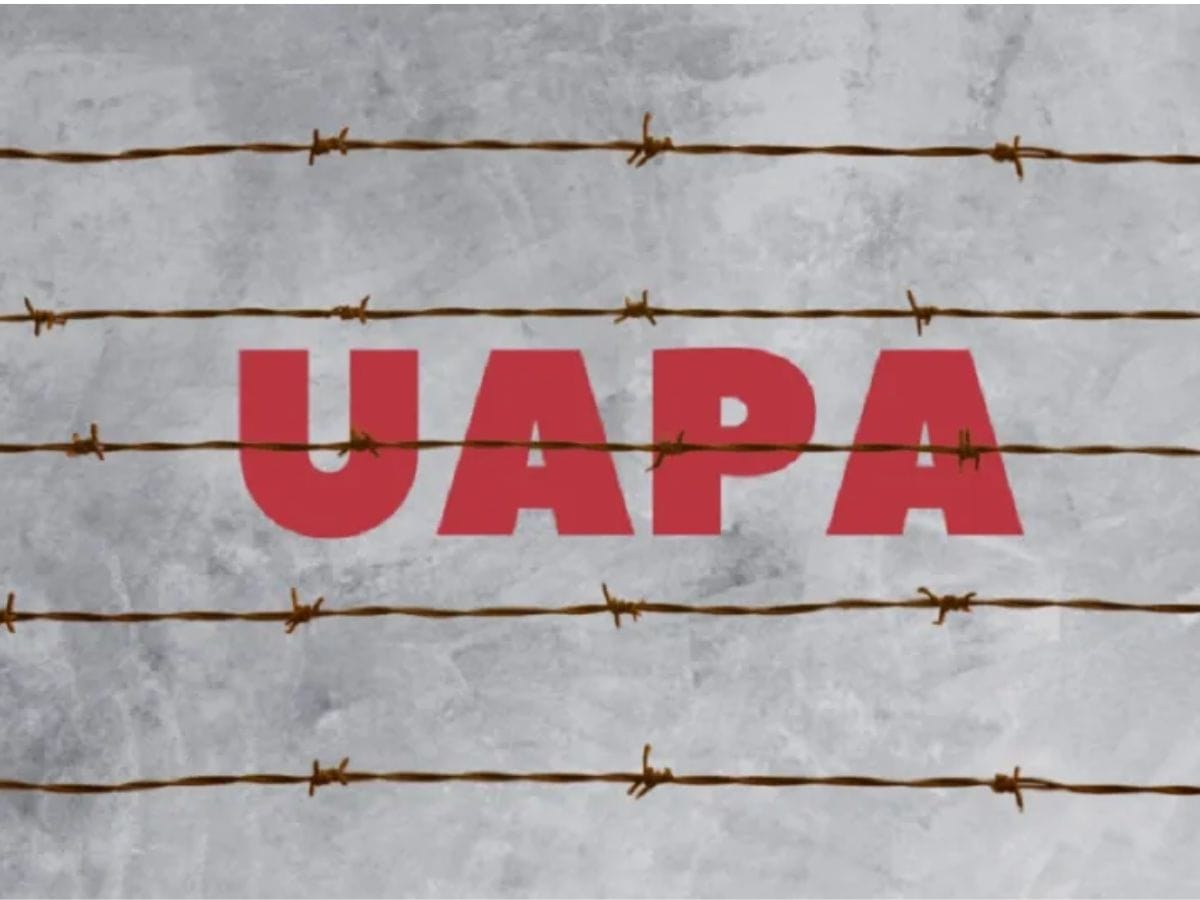
New Delhi: The Delhi High Court has observed that the intent of notifying a place under the provision of the anti-terror law is to ensure that it is not used for unlawful activities, and is not to seize the properties of innocent owners who are not the members of an unlawful association.
The high court’s observation came while dealing with a plea seeking directions to the authorities to release, de-seal and unlock a property which was sealed as it was being used by a tenant, who was a member of the banned Popular Front of India, for unlawful activities.
According to Section 8 of the Unlawful Activities (Prevention) Act (UAPA), the central government has the power to notify a place used for an unlawful association.
“This court is of the view that the intent of notifying a place under Section 8 of UAPA is to ensure that it is not used for unlawful activities. Its intent is not to seize the properties of innocent owners who are neither members of the unlawful association nor involved in unlawful activities.
“In fact, it is the case of the petitioner (owner of the property) that he did not know that his property was being used by the tenant for unlawful activities,” a bench of Acting Chief Justice Manmohan and Justice Manmeet P S Arora said.
The petition filed by the property owner challenged the central government’s September 2022 notification notifying his property situated in Jamia Nagar here as being used for carrying out activities of PFI and its associates.
The move came after PFI, its alleged associates and affiliates were declared as an unlawful association by a September 27, 2022 notification.
The petitioner owner’s counsel said he had given the property on lease to a person in December 2021 for 11 months and not to PFI or any of its alleged associates or affiliates.
The lawyer said the owner was not a member of PFI and had no knowledge that the tenant was a member of PFI or that the house was being used for carrying out unlawful activities.
The counsel for the Delhi government contended that the petition was not maintainable as the petitioner has an alternative effective remedy of applying to the district judge concerned for setting aside the order and for a declaration that the place has not been used for unlawful association.
The high court took into consideration the submission of the Delhi government’s counsel and said that the matter may require a factual enquiry and disposed of the plea with liberty to the petitioner to apply to the district judge.
“Keeping in view the fact that the petitioner had initially appeared before the ACP and made a request for de-sealing of the premises, this court condones the delay in approaching the court of the district judge.
“Accordingly, this court directs that in the event, the petitioner files an application before the court of district judge within a week, the same shall not be dismissed on the ground of delay/laches. The district judge is directed to decide the matter as expeditiously as possible in accordance with law,” the bench said and clarified that it has not commented on the merits of the controversy.
